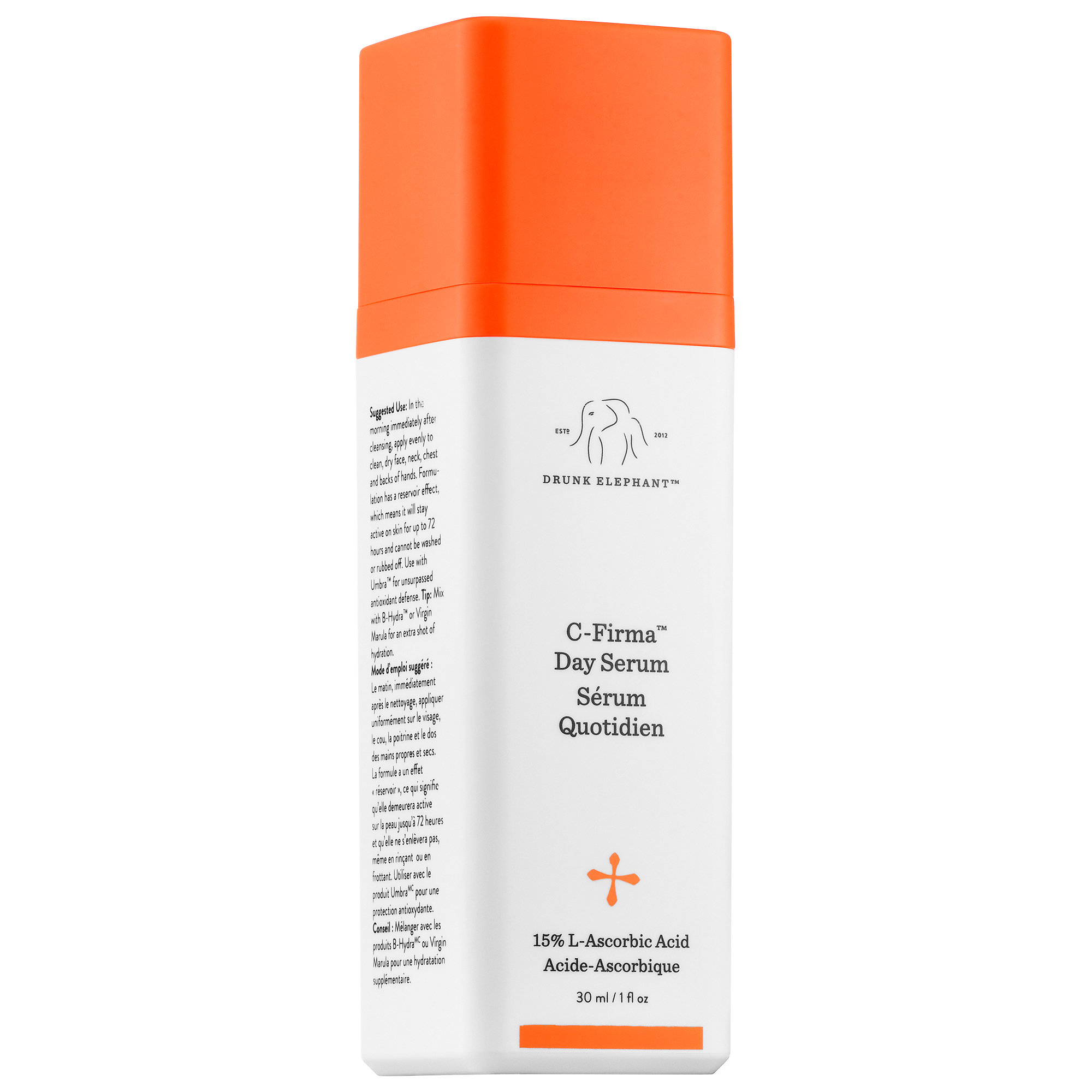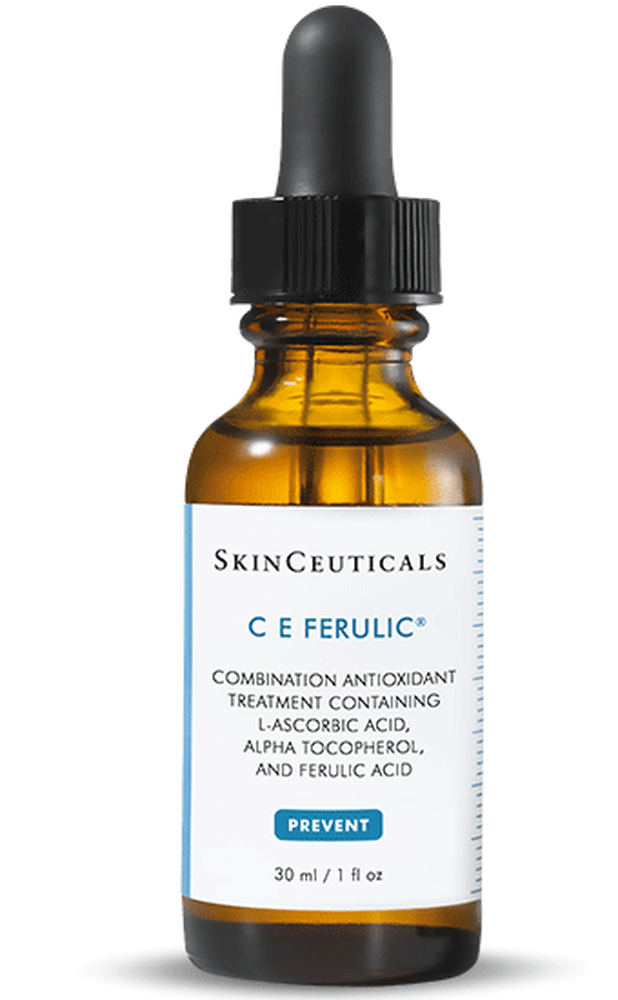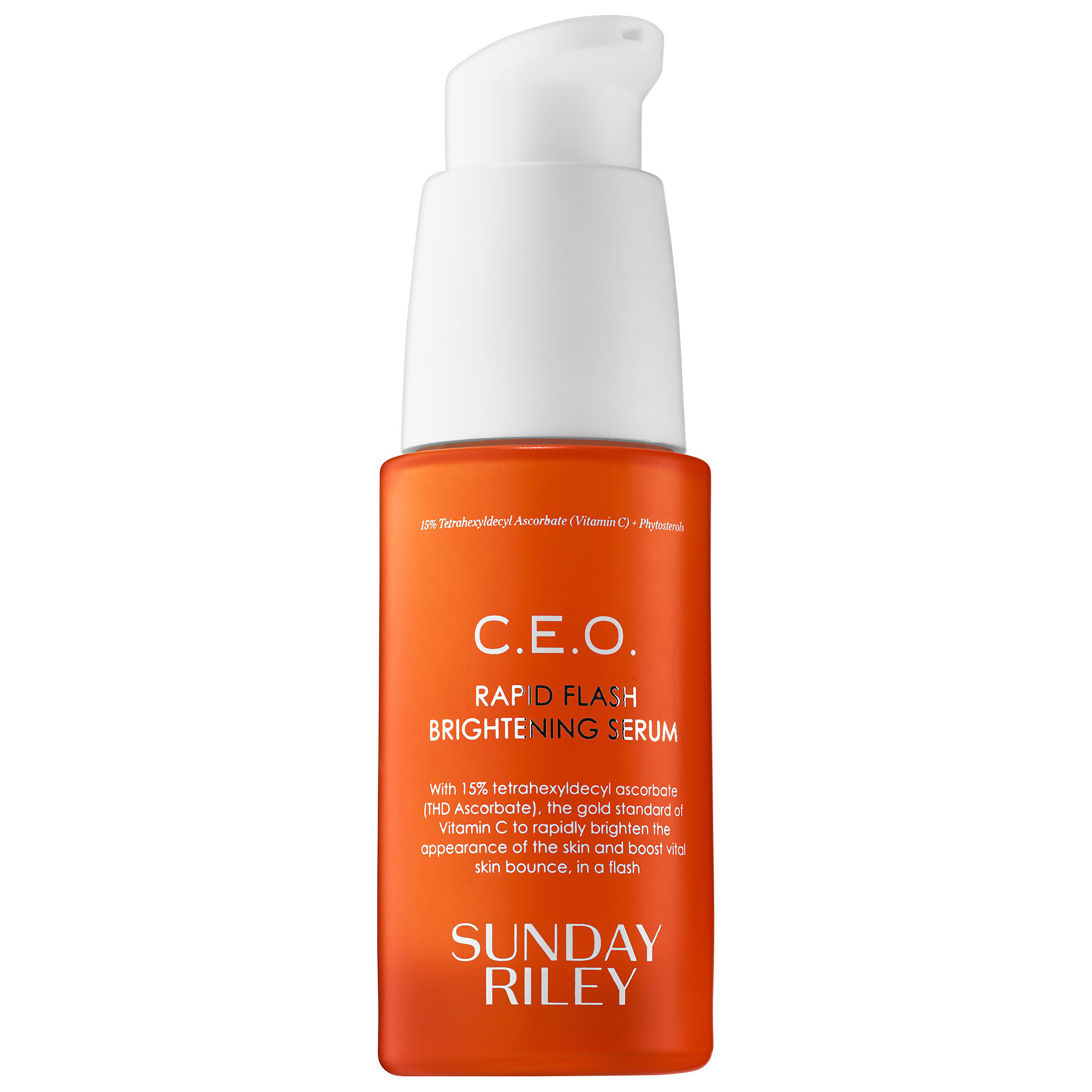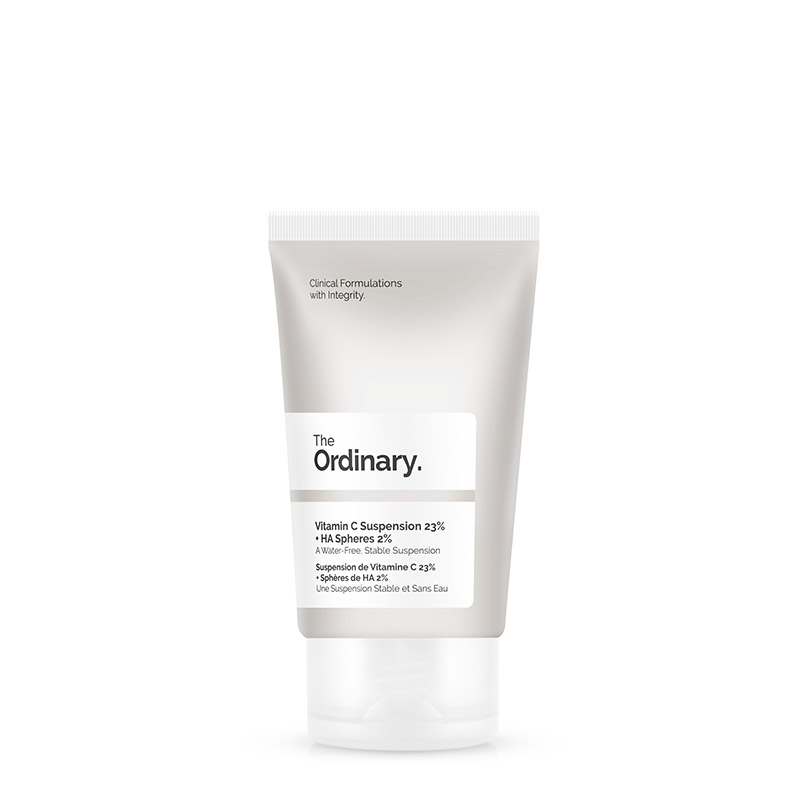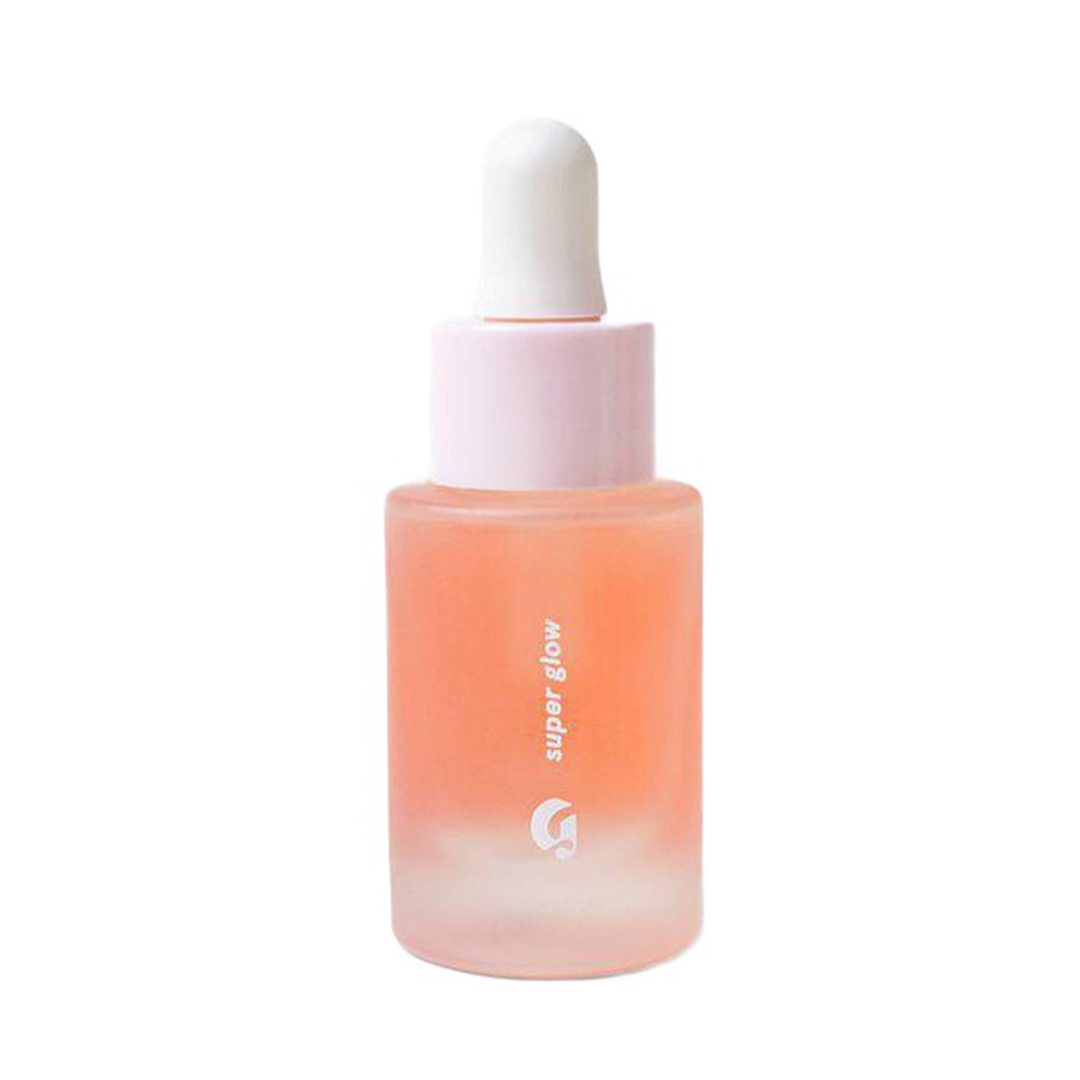
7 Photos
Why is Vitamin C the hottest ingredient in skincare? Our pick of the best brightening serums
Dr. Dennis Gross Skincare
Dr. Dennis Gross Skincare C+ Collagen Brighten & Firm Vitamin C Serum, CAD 100
Why is Vitamin C the hottest ingredient in skincare? Our pick of the best brightening serums
Drunk Elephant
Why is Vitamin C the hottest ingredient in skincare? Our pick of the best brightening serums
SkinCeuticals
Why is Vitamin C the hottest ingredient in skincare? Our pick of the best brightening serums
Sunday Riley
Why is Vitamin C the hottest ingredient in skincare? Our pick of the best brightening serums
The Ordinary
The Ordinary Vitamin C Suspension 23% + HA Spheres 2%, CAD 5.80
Why is Vitamin C the hottest ingredient in skincare? Our pick of the best brightening serums
Vichy
Why is Vitamin C the hottest ingredient in skincare? Our pick of the best brightening serums
Glossier
View gallery for Haute & Halal favourites
Years ago as I sat soaking in the late afternoon sun with my cousins at our grandmother’s house in Lahore, Pakistan, I saw my aunt gather all the orange peels we had discarded. What I thought was an attempt at helping us clean up, was actually a beauty mission. Later I would see the peels— dried in the sun— ground to a fine paste, mixed with milk and applied on her face as a /mask/scrub. This, she told me, was how she got her blemish-free, smooth skin. At eight, skincare was the least of my worries, but I was more than happy to peel and pop as many oranges in my mouth that winter to help her on her mission to long-lasting skin perfection.
Fast forward to life now, I have struggled with dull, greying skin, and pigmentation after years of neglect (and having two children) and started looking for a magical cure to my skin woes. Most of my research pointed me towards products that touted Vitamin C as its key ingredient. I have seen proof of its effectiveness on my aunt, her complexion is still envy-inducing, and thus started on my path to skin recovery.
Vitamin C, or Ascorbic Acid, as it is mostly listed as on the ingredients list, is indeed one of the most powerful anti-oxidants in skincare. Contrary to popular belief, a skin brightening treatment will not in any way lighten your complexion, it means that your skin is so healthy that glows, even-toned and radiant.
Armed with a list of questions for Dr. Sonya Abdullah, a dermatologist in Toronto (Dermatology on Bloor) I ask her what makes Vitamin C one of the most effective ingredients in skincare.
What skin issues does Vitamin C address?
Vitamin C (Ascorbic acid) is one of the most powerful antioxidants in skin care. Our daily lives include exposures that promote oxidative stress and free radical damage – ultraviolet light, infrared light, pollution, tobacco, stress and poor sleep. These free radicals induce inflammation which accelerates sun damage and the aging process. As an anti-oxidant, Vitamin C helps neutralize oxidative stress and prevent this damage. It is a powerhouse ingredient to include as a preventative strategy in your skincare routine. Additionally, Vitamin C is boosts collagen production and melanin synthesis, making it an excellent addition to photo-damaged skin and for treatment of hyperpigmentation. It can be used in combination with other ingredients when the skin is exposed to increased stress – it is used as a rescue strategy to boost skin radiance in a short period of time .
Is there a particular percentage that can deliver the best results?
Vitamin C concentrations of 10% or higher are required for optimum benefit.
What types of Vitamin C are here and which ones are proven to be most effective?
Ascorbic acid is an essential ingredient to include in skincare but stable formulations can be difficult to produce. Vitamin C exists in 2 forms – L-ascorbic acid has been found to be most stable, especially when it is at an acidic pH relative to the skin. Vitamin C must be delivered topically to the skin in the form of a gel or serum for maximum penetration and benefit. Dietary supplements are a hot topic. The gut has a finite amount of Vitamin C that can be absorbed, meaning dietary or supplemental vitamin C is of limited benefit to the skin.
Free radicals induce inflammation which accelerates sun damage and the aging process. As an anti-oxidant, Vitamin C helps neutralize oxidative stress and prevent this damage.
Can Vitamin C be applied during the day, is there any danger of exacerbating skin sensitivity to sun since it is an acid?
Vitamin C is meant to be applied in the morning to protect you from oxidative stress, in addition to your sunscreen. It is not a sun-sensitizing ingredient.
What is Vitamin C in skincare best paired with? And how does this pairing perform?
In skincare, I refer to the antiaging trifecta – sunscreen, vitamin C and retinoids. Vitamin C should be paired with a broad spectrum SPF 30+ sunscreen for optimum preventative and corrective benefit, regardless of your treatment target. Vitamin C formulations may focus on ascorbic acid as a single agent or may be combined with additional ingredients to promote a synergistic effect in a single formulation. They should be applied first and sunscreen as a last step before makeup.
Corrective treatments like retinoids or AHA are meant to be applied before bed. These tend to induce exfoliation which increases photosensitivity (sun sensitivity) and sunburn risk. Additionally, some retinoids or vitamin A are deactivated by the sun – bedtime application allows you to get most of the benefit from your treatment.
What skin types should not apply Vitamin C, or at least be careful about applying?
Vitamin C preparations can be suitable for almost any skin type. The formulations and the vehicles (serum, gel) are variable and create options for everyone – dry skin, sensitive skin, acne-prone, rosacea-prone, aging skin. By seeing a board certified dermatologist, suggestions can be made for a preparation that best suits your needs.


